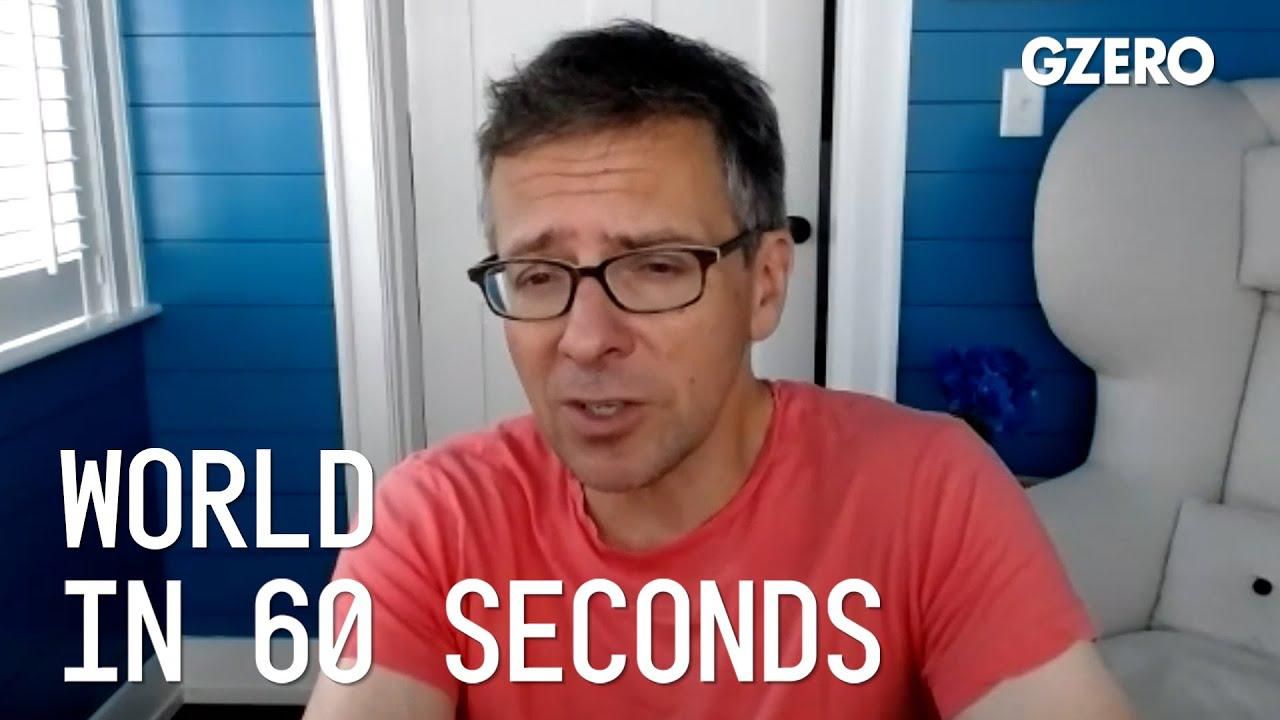ask ian
Haitian president's killing reflects unprecedented rise in violence

Haitian President's Killing Reflects Unprecedented Rise in Violence | World In :60 | GZERO Media

Ian Bremmer shares his perspective on global politics this week:
What do we know about the assassination of Haiti's president?
Well, we know it's not making an awful lot of news the assassination of the leader of a country, because Haiti's a tiny economy. It's incredibly poor, it's been devastated by natural disasters and also by general lawlessness in the country. And over the last month, gang violence has become historically unprecedented. The police have been unable to maintain law and order in the streets, in most of the cities or sort of, major towns in Haiti. You've had thousands of Haitians displaced. You've had dozens of civilians killed and then overnight a gang entered the personal residence of the president. Again, police and presidential guard unable to stop them and he's dead. And his wife, the First Lady is in the hospital. It's a pretty staggering situation and obviously, some international support, some peacekeepers could be useful on the ground. Aid by itself is not going to do it right now.
What's the deal with US troops leaving Bagram airbase in the middle of the night?
This is the most important military airfield in Afghanistan. The US has been using it for staging operations over the last 20 years. The US as you know is pulling out of Afghanistan. Trump tried to get it done, didn't quite finish the job. Biden now saying that he will by 9/11. There's only about a thousand US troops left in Afghanistan with the civilian airport and guarding the US embassy. The Taliban is increasingly taking over all the territory. Afghan troops are fleeing. About a thousand deserted for Tajikistan in the past couple of weeks because they know the country is about to fall to the Taliban. And as the United States left Bagram in the middle of the evening, they apparently shut off the electricity. Apparently didn't tell the Afghan national commander that they were leaving. There was no handover. And so as a consequence, the place got thoroughly looted that night. That is an apocryphal story for what is about to come to the entire country as the Americans leave. Whether or not that means the US leaving now is the right thing is a very different story. I generally am sympathetic to getting the Americans out after 20 years, but we're clearly not handling this the way we should be either with our allies or with the Afghans.
Is this latest COVID 19 vaccine corruption scandal going to be the one that sinks Brazil's Bolsonaro?
Not in the near-term in the sense that in order for impeachment to actually succeed in Brazil you'd really need to see approval ratings down in the low teens consistently. That's not the case in Brazil. Bolsonaro is still in the thirties. You just don't have the support to get it done. But he would get crushed in presidential elections if they happened right now against Lula from the PT, the Workers' Party, who will be opposing him. Elections are next year. Increasingly, it is an uphill struggle for Bolsonaro. Interesting that the Brazilian president saying that these may be fake elections. He won't recognize the outcome of a stolen election. Sounds a lot like somebody we know here in the United States from just last year. And Brazil is indeed setting itself up for a very similar type of contested outcome from what we had in the United States.
On GZERO World, IMF chief Kristalina Georgieva explains to Ian Bremmer why the global economy—and even the eurozone—is proving more resilient than expected.
At the 2026 World Economic Forum in Davos, GZERO’s Tony Maciulis spoke with Ariel Ekblaw, Founder of the Aurelia Institute, about how scaling up infrastructure in space could unlock transformative breakthroughs on Earth.
Who decides the boundaries for artificial intelligence, and how do governments ensure public trust? Speaking at the 2026 World Economic Forum in Davos, Arancha González Laya, Dean of the Paris School of International Affairs and former Foreign Minister of Spain, emphasized the importance of clear regulations to maintain trust in technology.
Will AI change the balance of power in the world? At the 2026 World Economic Forum in Davos, Ian Bremmer addresses how artificial intelligence could redefine global politics, human behavior, and societal stability.